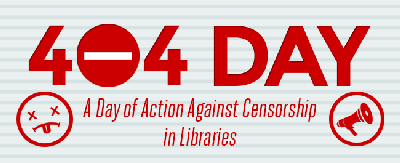You have /5 articles left.
Sign up for a free account or log in.
Yesterday I followed tweets from Gretchen Caserotti, director of the public library in Meridian, Idaho, as she attended a school board hearing over Sherman Alexie’s young adult novel, The Absolutely True Diary of a Part-Time Indian. Alexie is one of my favorite writers. It’s hard to imagine what is so objectionable about this story about a bookish Native kid who gets bullied as much for bookishness as for being an Indian at a mostly white school. But then, I couldn’t really get why people in my true-blue home state of Minnesota objected to Rainbow Rowell’s Eleanor and Park, either. Parents complained that some of the characters in the book talk like, um, teenagers. Actually, like fourth-graders. If you don’t like that kind of language, don’t go near the playground during recess.
Alexie’s novel, the second-most likely book to be challenged or removed from schools and challenged in libraries (after Captain Underpants), was in fact removed from a list of supplemental reading, a list it had apparently been on for years without complaint. What exactly is it we are protecting our children from? Sex? Teenagers know about it. Profanity? Give me a . . . break. Challenging ideas? Isn’t that why our kids are in school?
But in school, and in public libraries, there is a lot of censorship going on – and that’s why the Electronic Frontier Foundation has called for a day of action. Libraries fought against mandatory filters for years, but for more than a decade the Children’s Internet Protection Act has required schools and public libraries to use them, even though they don’t really work. They can’t catch all pornography, but they do block sites that are protected speech. Worse yet, some libraries ramp up the filtering and intentionally block sites about non-mainstream religions, GLBT issues, and other non-porn stuff.
The EFF, along with the MIT Center for Civic Media and the National Coalition Against Censorship, are hosting a teach in from noon to 1pm PST (3-4pm EST) on Friday.
When talking with college students about their experiences with the Internet recently, I realized how common it is for kids to grow up with a strangely Bowldlerized Internet at school. What does that teach them? That school can throttle your access to the world? That grownups don’t trust them? That kids actually do leave their rights at the school house gates, contrary to Tinker v. Des Moines?
It makes me sad that good books like Absolutely True Diary are singled out for removal in schools and public libraries. It makes me angry that the state has mandated a technology that suppresses protected speech in the name of protecting kids – particularly when we seem to be a-okay with the fact that 22 percent of kids in this country live in poverty. That's a lot. And it gets worse: 34 percent of Latino kids and 39 percent of black kids live in homes that are food-insecure.
Maybe if we want to protect kids, we should work a little harder to make sure they have enough to eat.


